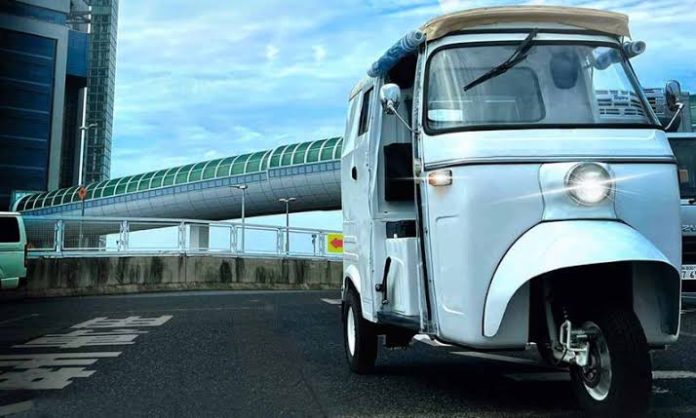The ‘Green Wheels Programme’ introduced by the temporary government in Punjab reflects a proactive approach to address the severe air pollution crisis gripping the region. Recognizing that transportation is a primary contributor to the pollution predicament, the initiative aims to deploy 26,000 electric vehicles (EVs) in city traffic, signaling a transformative shift toward sustainable and eco-friendly mobility solutions.
Targeting specific demographics, the program seeks to make electric bikes and rickshaws accessible to university students, low-income individuals, women, and people with disabilities. By doing so, the initiative not only addresses environmental concerns but also promotes inclusivity and social equity. The decision to allocate 10,000 electric motorcycles to university students demonstrates a commitment to encouraging the younger generation to embrace cleaner transportation alternatives.
The Minister for Transport, Ibrahim Hasan Murad, emphasized the significance of the initiative in reducing pollution, asserting that transportation contributes to a staggering 70–80% of the environmental problem. The allocation of interest-free e-bikes and e-rickshaws to women and deserving individuals further underlines the government’s commitment to making sustainable transportation accessible to a broader segment of the population.
Beyond immediate environmental benefits, the ‘Green Wheels Programme’ sets the stage for a cleaner and greener future for Punjab. The designation of major cities as electric vehicle models underscores the government’s intention to showcase the feasibility and advantages of EV adoption. This not only serves as a model for other regions but also positions Punjab as a leader in embracing innovative solutions to combat air pollution.
The introduction of 26,000 electric vehicles through the ‘Green Wheels Programme’ represents a holistic and strategic initiative by the Punjab government. By addressing both environmental and social aspects, this effort paves the way for a more sustainable and inclusive future, demonstrating the transformative power of government-led initiatives in the face of pressing environmental challenges.


